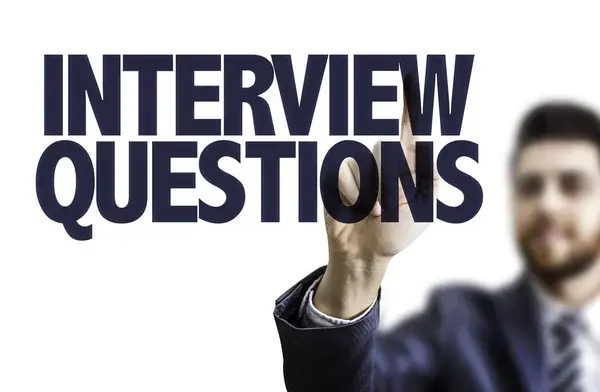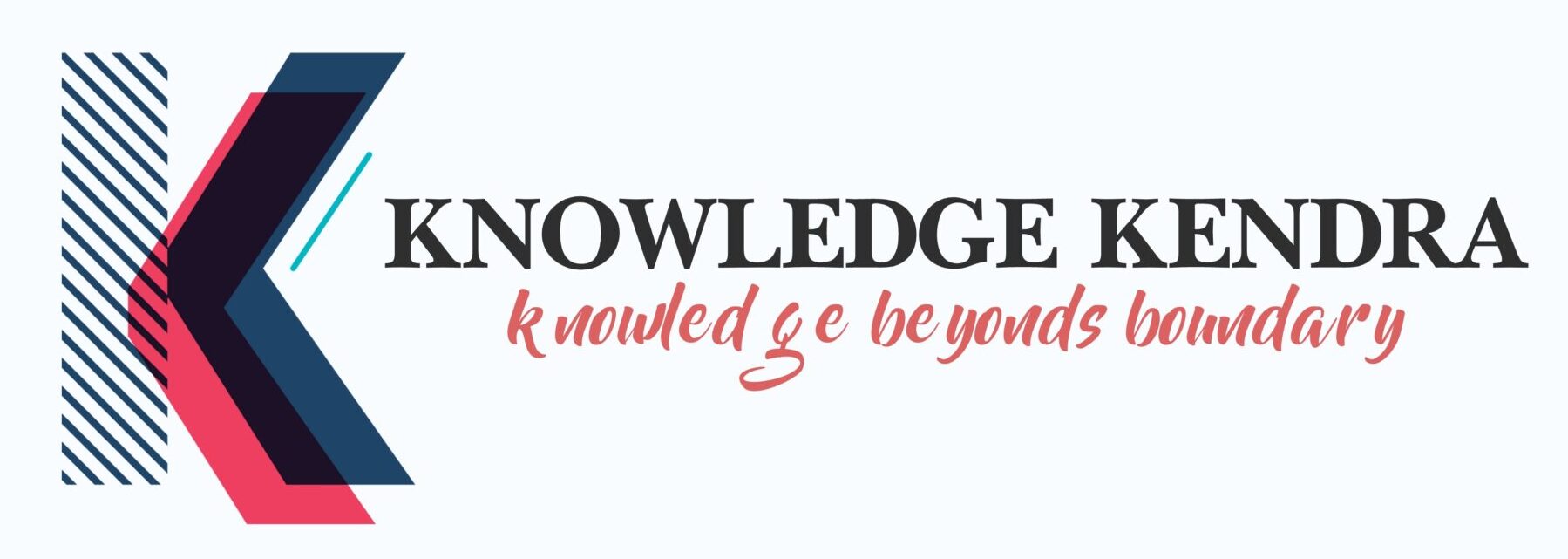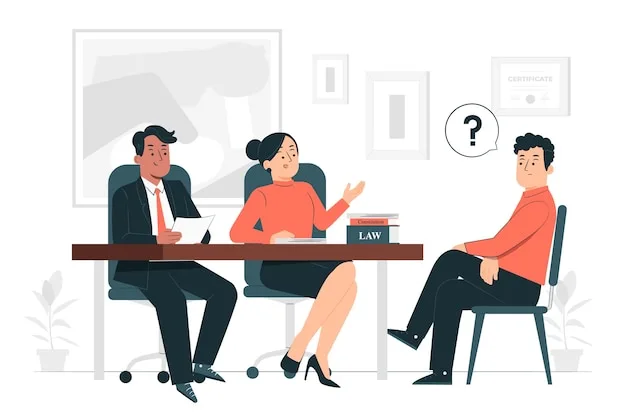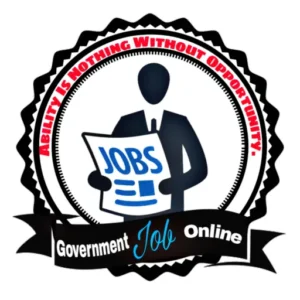Job interviews can feel like high-stakes events, but with the right preparation, you can walk in with confidence and leave a lasting impression. This guide outlines every step you need to take before, during, and after the interview to ensure you present your best self and increase your chances of landing the job interview.
1. Understand the Job Description Thoroughly
The job description is your starting point. Employers outline their expectations, the required skills, and the role’s responsibilities, so understanding it is crucial.
- Highlight Key Requirements: Break down the description and identify the most critical skills or qualifications the employer seeks.
- Compare With Your Experience: Align your own skills, qualifications, and experiences with those listed. This will help you tailor your answers during the interview.
- Prepare Examples: For each key skill or requirement, think of specific examples where you’ve demonstrated this ability in past roles. Use frameworks like the STAR method (Situation, Task, Action, Result) to structure your responses.
2. Research the Company
Interviewers often assess not just your skills but your understanding of the company and its values.
- Visit Their Website: Study the “About Us” page to learn about their mission, vision, and history.
- Explore Recent News: Use search engines to find any recent developments, such as new product launches or organizational changes.
- Understand Their Industry: Familiarize yourself with the company’s market, competitors, and trends.
- Learn the Culture: Check their social media profiles or platforms like Glassdoor to understand workplace culture and employee reviews.
This research allows you to tailor your answers and demonstrate your genuine interest in the organization.
3. Practice Common job Interview Questions
While no two job interviews are the same, many include common questions. Preparing for these can help you feel more confident:
Common Questions
- “Tell me about yourself.”
- “Why do you want to work here?”
- “What are your strengths and weaknesses?”
- “Describe a challenging work situation and how you handled it.”
- “Where do you see yourself in five years?”
How to Answer
- Be Concise: Avoid rambling. Stick to relevant points.
- Be Honest: Authenticity resonates more than rehearsed answers.
- Use Examples: Support your answers with real-life experiences.
If you’re applying for a specialized role, research role-specific questions and prepare accordingly.
4. Polish Your Resume and Portfolio
- Tailor Your Resume: Adjust it to emphasize the skills and experiences most relevant to the job.
- Check for Errors: Ensure there are no grammatical or typographical mistakes.
- Prepare a Portfolio: If applicable, create a portfolio showcasing your work (e.g., for designers, writers, or developers). Bring both physical and digital versions if possible.
5. Plan Your Outfit

Your appearance matters—it’s often the first impression you make.
- Research the Dress Code: If unsure, err on the side of formality. For corporate roles, business professional attire is a safe bet.
- Test Fit and Comfort: Ensure your outfit fits well and allows you to move comfortably.
- Grooming: Maintain clean nails, polished shoes, and neat hair.
6. Prepare Questions to Ask
Towards the end of the job interview, you’ll likely be asked if you have any questions. Asking thoughtful questions shows you’re engaged and genuinely interested. Examples include:
- “What does a typical day in this role look like?”
- “How do you measure success in this position?”
- “Can you tell me about the team I’d be working with?”
- “What are the company’s goals for the next year?”
Avoid questions about salary or benefits during the initial interview unless the interviewer brings it up.

7. Test Your Tech (For Virtual job Interviews)
If your interview is online, make sure your technology works smoothly.
- Test Your Internet Connection: A stable connection is crucial.
- Check Your Camera and Microphone: Ensure they’re functional and provide clear audio and video.
- Choose a Quiet, Professional Setting: Avoid distractions, and ensure your background is tidy.
- Practice on the Platform: Familiarize yourself with tools like Zoom, Microsoft Teams, or Google Meet.
8. Practice Non verbal Communication
Body language speaks volumes during an job interview.
- Maintain Eye Contact: It shows confidence and engagement.
- Sit Up Straight: Good posture demonstrates professionalism.
- Smile When Appropriate: A warm smile helps you appear approachable.
- Avoid Fidgeting: It can signal nervousness.
For virtual interviews, look directly into the camera to simulate eye contact.
9. Gather Necessary Documents
Organize everything you might need well before the job interview day.
- Copies of Your Resume: Bring several copies in case there are multiple interviewers.
- References: Have a list of professional references ready.
- Work Samples: If applicable, prepare examples that support your qualifications.
- Notepad and Pen: Use these to jot down notes or questions during the interview.
10. Rehearse with a Mock Interview
Practice makes perfect. Conduct a mock interview with a friend, mentor, or career coach.
- Simulate Real Conditions: Dress the part and practice as if it’s the real interview.
- Request Feedback: Ask for constructive criticism on your answers, tone, and body language.
- Time Your Responses: Aim for concise, clear answers that are neither too short nor too lengthy.
11. Plan Your Route (For In-Person Interviews)
- Map It Out: Use a map or GPS to determine the best route to the interview location.
- Account for Traffic: Leave early to avoid delays.
- Know Parking Options: Research parking availability and costs in advance.
Arriving 10–15 minutes early is ideal.
12. Prepare Mentally
Your mindset can significantly impact your performance.
- Visualize Success: Imagine yourself confidently answering questions and connecting with the interviewer.
- Practice Relaxation Techniques: Use deep breathing or meditation to calm nerves.
- Remind Yourself of Your Value: Reflect on your accomplishments and what you bring to the table.
13. During the Interview
- Start with a Strong Introduction: Greet your interviewer with a firm handshake, a smile, and a confident “Thank you for meeting with me.”
- Listen Carefully: Pay attention to the questions being asked and respond thoughtfully.
- Stay Positive: Avoid speaking negatively about past employers or experiences.
- Be Authentic: Let your personality shine through.
14. Follow Up After the Interview
Post-interview follow-ups are often overlooked but are essential for leaving a good impression.
- Send a Thank-You Email: Within 24 hours, email your interviewer to express gratitude and reiterate your interest in the role.
- Personalize the Message: Mention specific points from the interview to show attentiveness.
- Be Concise: Keep it professional and to the point.
15. Learn and Improve
Whether you get the job or not, every interview is an opportunity to grow.
- Reflect on Your Performance: Identify what went well and what could be improved.
- Seek Feedback: If possible, ask the interviewer for constructive feedback.
- Continue Practicing: Use the insights gained to refine your approach for future interviews.
Conclusion
Preparing for a job interview takes time and effort, but the results are worth it. By understanding the job, researching the company, practicing answers, and preparing both mentally and physically, you can maximize your chances of success. Remember, every interview is a learning experience, and each step brings you closer to landing your dream job.
Now go out there and make an unforgettable impression!
you can visit the link to know earning ideas https://knowledgekendra.com/top-earning-ideas-for-students-in-2025/
you can also visit https://hbr.org/2021/11/10-common-job-interview-questions-and-how-to-answer-them




